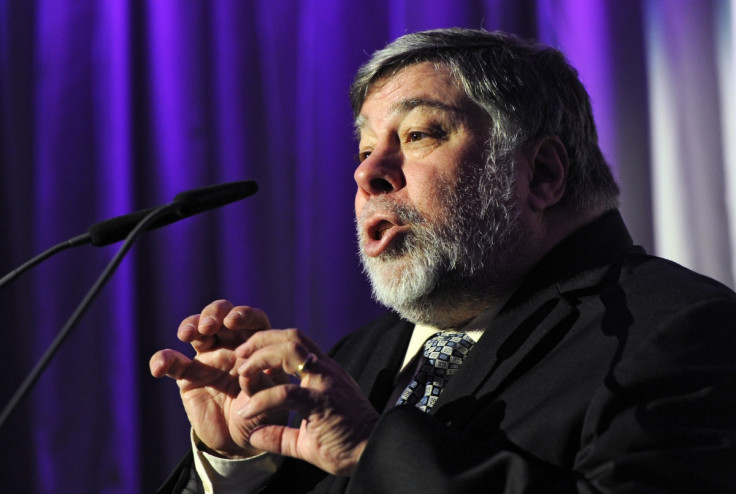Cybersecurity is the greatest threat since atom bomb says Apple co-founder Steve Wozniak

Cybersecurity is the greatest threat the world has faced since the atom bomb, Apple co-founder Steve Wozniak said in an interview with Australian TV news show Lateline. The perceived threat of a cyberattack, he said, is causing as much fear and panic as the Cold War hysteria during his childhood.
"We used to fear the atomic bomb when I was young, and you used to come home from school and sirens would go off for a test on every corner," Wozniak said in an interview with reporter Matt Wordsworth. "Those were incredible days of fear from something. And now we fear all the cyberattacks and hacking. What's the next one we're gonna hear about? Is one gonna come close to me? Is it gonna hit me? Could they really take out our electrical system, turn off our internet? How far can it go? And it's getting worse and worse year by year, not better and better."
Woz — as he is commonly known — worked alongside Steve Jobs in the 1970s to develop the first Apple computers. Although Woz left his role as vice-president of research and development at Apple in 1985, long before the revolutionary iPhone made its debut in 2007, the tech wizard criticised the FBI's recent attempts to force Apple to unlock an iPhone used by one of the San Bernardino shooters in 2015.
"What if the FBI was able to go to any company any time they felt like it and say, 'You have to build a product our way?' I don't think that's right," said Wozniak. "What if the FBI can't get into a phone? They've still got all records — in this recent case, they get all the records from the phone company of every communication that was made, every SMS message that was sent, what was in the message, who they called. And so that's — the communication is what they're worried about and being able to get in and penetrate a phone — if that phone is open, hackers are gonna do it too."
Wozniak is not alone in drawing comparisons between physical and cyber weapons. In January 2013, Secretary of State John Kerry responded to a cybersecurity question during his Senate confirmation hearing saying: "I guess I would call [cyber] the 21st century nuclear weapons equivalent." In April 2013, Gen. Fang Fenghui, chief of general staff of the People's Liberation Army of China, said: "If internet security cannot be controlled, it's not an exaggeration to say the effects could be no less than a nuclear bomb."
Wozniak's remarks also come in the middle of escalating concerns amid governments and law-enforcement officials regarding the threat of cybercrime and cyberterrorism.
This week, US and Russian officials are meeting in Geneva to discuss cybersecurity and other national security issues, including counterterrorism. The meetings come in the wake of a cyberattack that crippled parts of Ukraine's power grid in December 2015 — a malicious, first-of-its-kind breach on civilian infrastructure that security experts say could have "a trickle-down effect" for hackers to launch similar attacks on vital infrastructures.
© Copyright IBTimes 2025. All rights reserved.





















